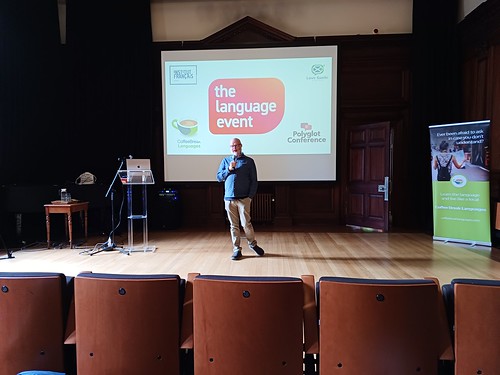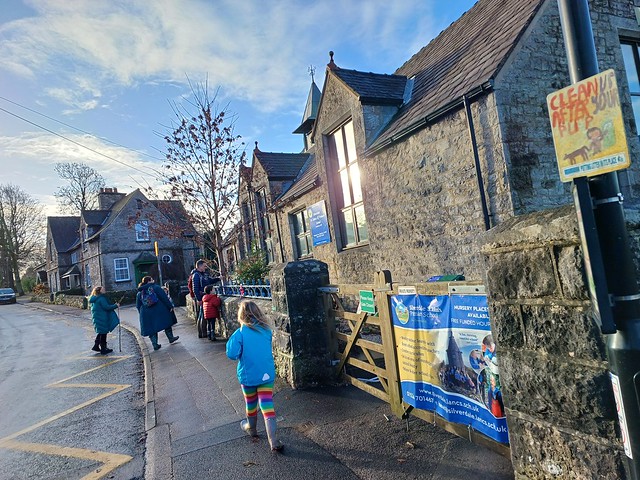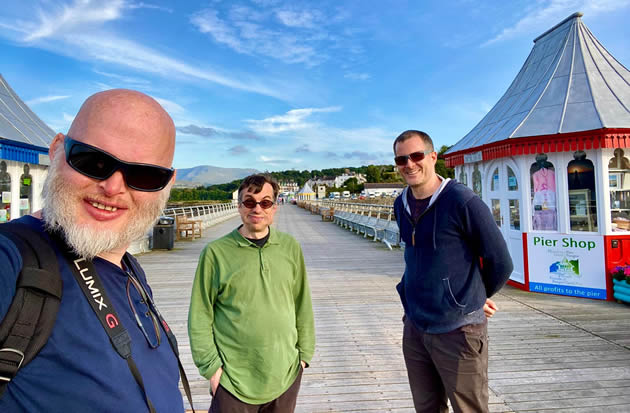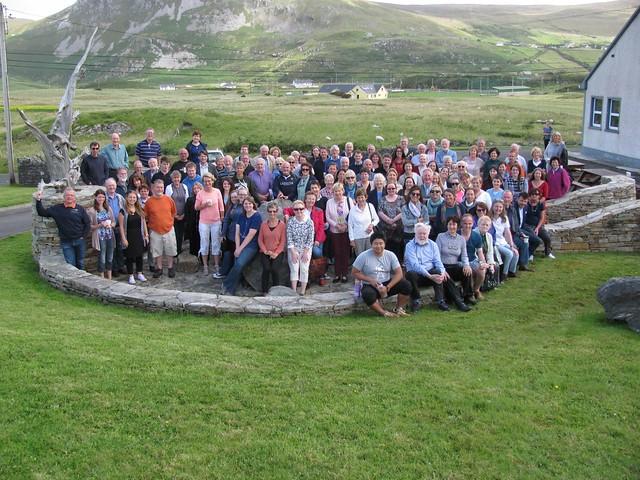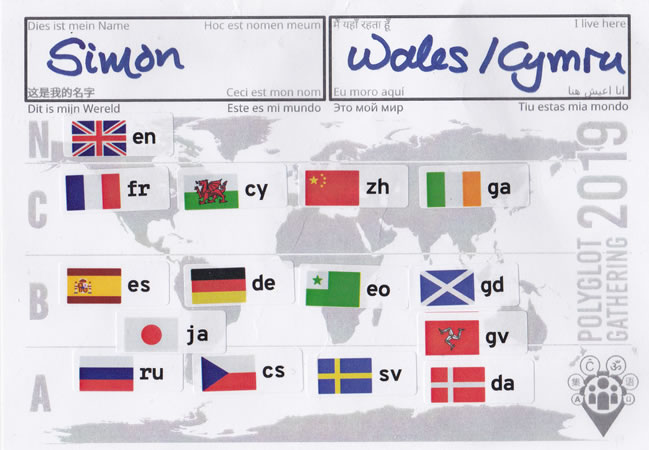
Here’s the latest news from the world of Omniglot.
New language and alphabet: Bactiran (Αριαο) , an Eastern Iranian language that was spoken from about 300 BC to 1000 AD in Bactria, an ancient Iranian civilisation in Central Asia, and which was written with a version of the Greek script.

Surkh Kotal inscription, 2nd century AD
New language pages:
- Biak (wós Vyak / wós kovedi), a South Halmahera-West New Guinea language spoken in the Bial Islands in eastern Indonesia.
- Nambya (chiNambya), a Southern Bantu language spoken in northwest Zimbabwe and northeast Bostwana.
- Bariai, a Western Oceanic language spoken in West New Britain Province of Papua New Guinea.
New numbers page: Bariai, a Western Oceanic language spoken in West New Britain Province of Papua New Guinea.
On the Omniglot blog there’s a new post entitled Earthlings and Other Lings about words ending in -ling, such as earthling, and there’s a post about my trip to Ireland / Éire. There’s also the usual Language Quiz. See if you can guess what language this is:
The mystery language in last week’s language quiz was Angika (अंगिका), a Bihari language spoken mainly in the states of Bihar and Jharkhand in northern India, and also in eastern Nepal.
There’s no Adventure in Etymology this week as I’m on holiday in Ireland. I probably won’t have time to work on Omniglot during that time, and there’ll be no recorded newscasts.
On the Celtiadur blog there’s a new post about words for Acorns and related things, and I made improvements to the post about Battle-related words.
For more Omniglot News, see:
https://www.omniglot.com/news/
https://twitter.com/Omniglossia
https://www.facebook.com/groups/omniglot/
https://www.facebook.com/Omniglot-100430558332117
You can also listen to this podcast on: Apple Podcasts, Amazon Music, Stitcher, TuneIn, Podchaser, PlayerFM or podtail.
If you would like to support this podcast, you can make a donation via PayPal or Patreon, or contribute to Omniglot in other ways.
Radio Omniglot podcasts are brought to you in association with Blubrry Podcast Hosting, a great place to host your podcasts. Get your first month free with the promo code omniglot.


